EXPLORING REFUGEE HUMAN RIGHTS AT WHY FESTIVAL
- By EmpathyLab
- •
- 19 Jan, 2017
- •
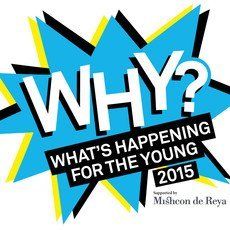
why_2015_logo_4_web
We were delighted to host this workshop alongside Amnesty International UK and the award-winning author Tanya Landman.
“Empathy is when you understand or care about somebody else’s feelings” – so opened the workshop. But more than that, empathy can inspire us to action. Using the current refugee crisis as a thought catalyst, we asked the pupils present to put themselves in someone else’s shoes and write about how it felt.
The Long Walk
A Long Walk by Shannon Jensen
We provided some questions to open the discussions:
Where are you?
What time of day is it?
What’s the first thing you see when you open your eyes?
Are you alone? Or are you with someone else?
working hard writing action shot
After a reading from Buffalo Soldier by Tanya Landman (the winner of the Carnegie Medal 2015), the pupils threw themselves into their creative writing.
The results were moving and thought-provoking, and the children’s responses filled a whole wall:
empathy wall
The pupils present also transformed their empathy into action by taking part in Amnesty UK’s #refugeeswelcome campaign:
Screen Shot 2015-10-22 at 18.33.31
Huge thanks to Tanya Landman, Amnesty, the Southbank Centre, our volunteers, and of course, all of the pupils that took part so enthusiastically. We were delighted to receive really positive feedback, and are already looking forward to our next event!
Video Player
00:0000:23
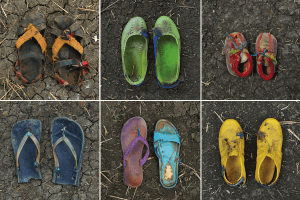
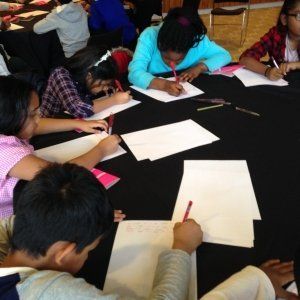
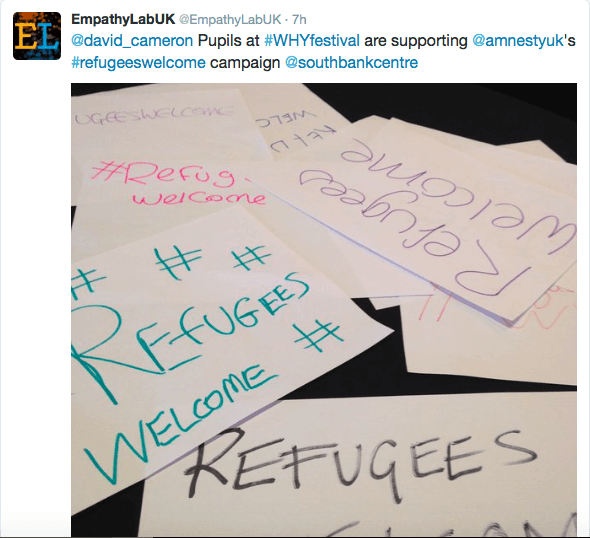

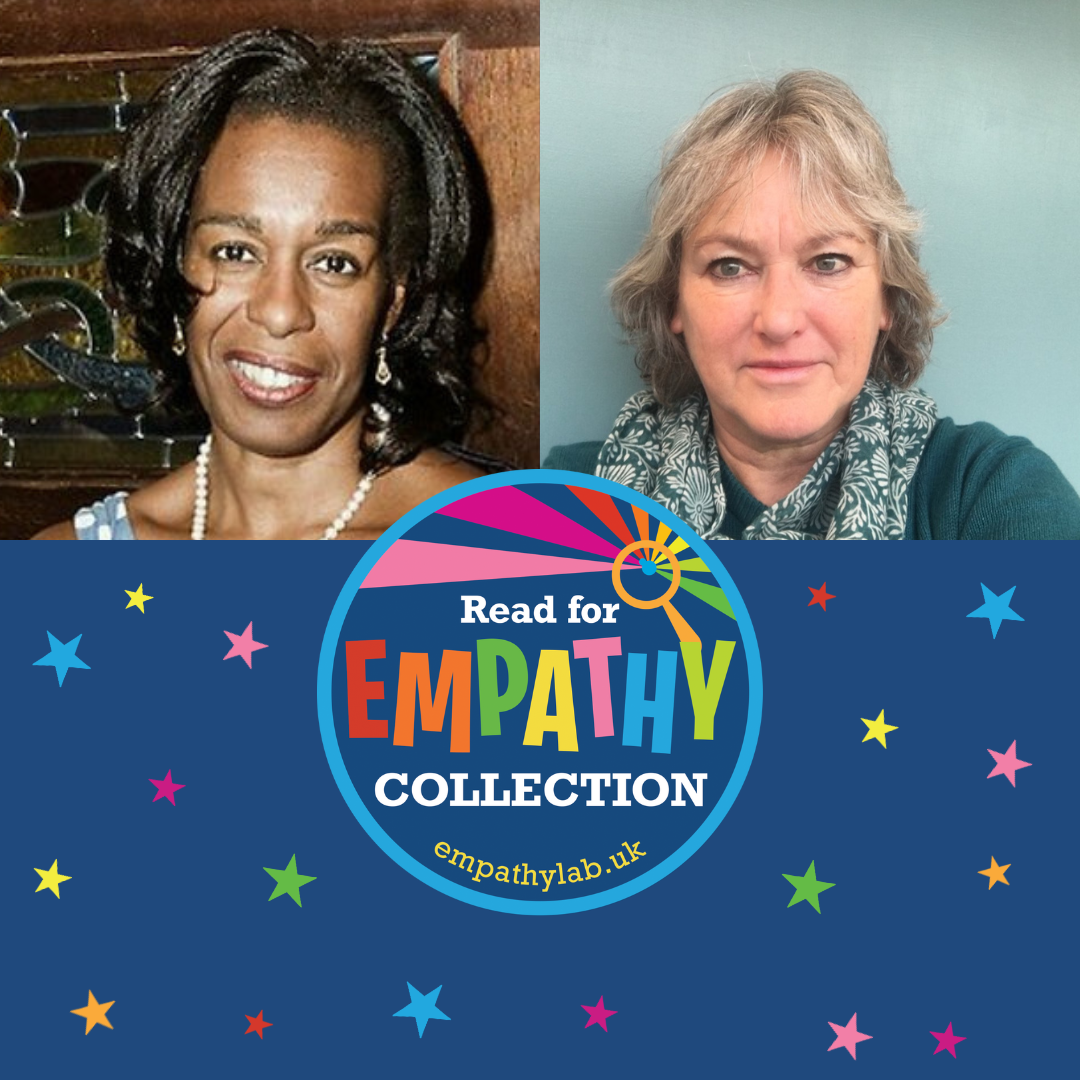
The collection consists of 65 books for 3-16 year olds, each chosen for its unique contribution in building young people’s empathy.
The primary collection for 3-11 year has 40 books; the secondary collection features 25 books for 12-16 year olds.

I am very fortunate to have been on the Read for Empathy booklist judging panel over the past few years.
I’m also a practising classroom teacher so I would like to consider how the books on the list can influence what happens in a school.
Firstly, along with many other schools, reading aloud is an important part of our school day, every day, almost without fail. All the teachers at my school are aware of the EmpathyLab booklist, and often use it as a basis for choosing their next class read. Knowing that the books touch on important aspects of our children’s lives is key; we all understand how important representation is in stories. These are books that make a difference, that lead to passionate discussions in the classroom and can actually influence children’s behaviour .
The booklists become increasingly valuable. We have a couple of hundred empathy texts at our school – they are there on merit. Staff often refer to previous lists if there as a particular aspect of empathy that they want to include or share with the children.
Our Year 6 Reading Champions often seek out picture books from the list to take in to KS1 and Reception when they read stories, so we already have the next generation educating each other about the importance of empathy. I love the fact they often meet beforehand (they tend to work in twos) to discuss what questions they might want to ask the children once the story has been read. After each booklist is released, they also spend several of their Friday recommendation slots in assembly talking about a couple of the books. We have parents in on our Friday assembly so it’s a great way to share the texts with them and help raise their awareness of our work.
We often use the books as our teaching texts for English, partly because they encourage excellent writing but also because they provide a fantastic opportunity for our pupils to develop their empathy skills. The Wild Robot by Peter Brown, Miraculous Journey of Edward Tulane by Kate DiCamillo, Freedom by Catherine Johnson, Eyes that Kiss in the Corners by Joanna Ho and A Street Dog Named Pup by Gill Lewis are all books that have made in into our English curriculum as a result of being on one of the Read for Empathy booklists. Well, that’s not strictly true - Edward Tulane was there before that as it’s one of my favourite ever books, but you hopefully take my point.
Reflecting on our empathy journey over the past few years, I’ve also found that the more books children read that address empathy, where they can relate to the characters and their choices, the more books they want to read. It’s almost a virtuous circle. Many begin to realise that such books can empower them to think about situations.
For example, as soon as we finished A Street Dog Named Pup last year, several of them immediately wanted to read other books by Gill Lewis. Because empathy is a thread that runs through much of her work ( Gorilla Dawn , Moon Bear , The Closest Thing to Flying and so on). Thanks to EmpathyLab's lists, I was able to point them in the direction of several other books, by her and others.
I think we agree that teaching children about empathy and providing them with opportunities to develop it is one of the most important gifts we can give them as adults. The fact that empathy has gone from being something that schools sort of understood a few years ago to being something that has got an increasingly solid evidence base is crucial.
There’s always been anecdotal evidence that reading stories is important for children and that it can change how they think but now that’s backed up with research. The empathy revolution (and it is a revolution) is only going to pick up more momentum over the next few years as the need for it becomes ever more apparent. Working in schools and in the world of children’s books means that we’re in the front line. There’s nowhere else I’d rather be.
